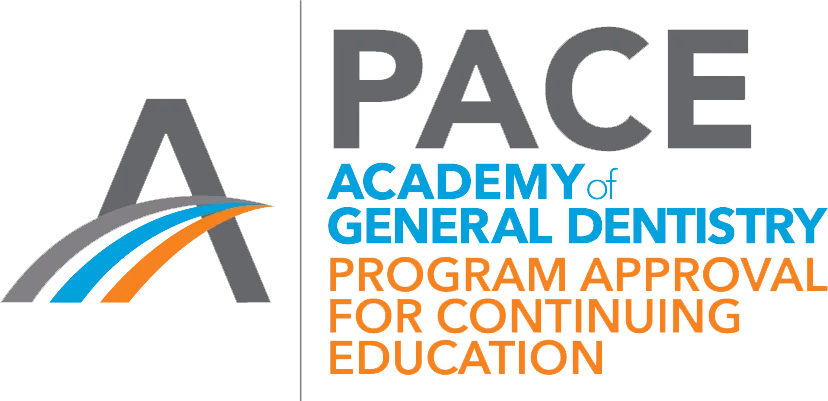
WSS Moderate Sedation Position Statement
Most studies support the early removal of third molars. Surgical and post-operative complications are minimized when third molars are removed in the teenage years. Early removal of third molars includes germectomy, the removal of a third molar with 1/3 or less root development. Germectomy is always prophylactic because the teeth are full bony impactions with little or no root development. Advocates of early removal of third molars believe that it is better to intercept and prevent potential issues than to simply react and deal with the consequences. Opponents believe that there is no reliable evidence to support the prophylactic removal of disease-free impacted third molars.
The prophylactic removal of asymptomatic third molars is controversial. Many studies have been published supporting both sides of the argument. The UK based National Health Service and the “National Institute for Clinical Excellence” (NICE) published guidelines in 2000 citing a “lack of evidence for prophylactic removal of asymptomatic wisdom teeth”. The American Association of Maxillofacial Surgeons 2007 white paper concluded that early third molar removal may be associated with lower incidence of morbidity and less economic hardship from time off work for the patient. Each side has been criticized for bias.
Cochran Reviews are systematic reviews of research in healthcare and health policy. Cochrane Reviews authors apply methods that reduce the impact of bias. Cochrane is an independent network of researchers, professionals, patients, caregivers, and people interested in health. Their work is recognized as representing an international gold standard for high quality, trusted information.
A 2016 Cochrane review looked at prophylactic removal of asymptomatic impacted third molars versus retention in adolescents and adults.
The electronic database search found insufficient evidence to support or refute routine prophylactic removal of asymptomatic disease-free impacted wisdom teeth. Cochrane concluded that patient values and clinical expertise should guide shared decision making with patients who have asymptomatic disease-free impacted wisdom teeth.
Patients are responsible for the final decision regarding the prophylactic removal of asymptomatic disease-free third molars. The dentist and oral surgeon are responsible for informing the patient of the risks and benefits of retention or prophylactic removal.
Western Surgical and Sedation is an advocate for the early prophylactic removal of third molars in most cases. This advocacy stems from evidence-based research and 36 years of experience removing impacted third molars. Dr. Hendrickson has removed more than 200,000 third molars. Most of these patients were younger than age 25.
In rare cases, when patients have sufficient room for eruption and hygiene, retention is recommended. These patients should be closely monitored since the ability to erupt does not guarantee third molar health. Sufficient access is required to ensure adequate oral hygiene.
Western Surgical & Sedation LLC | Copyright 2025 | All Rights Reserved

